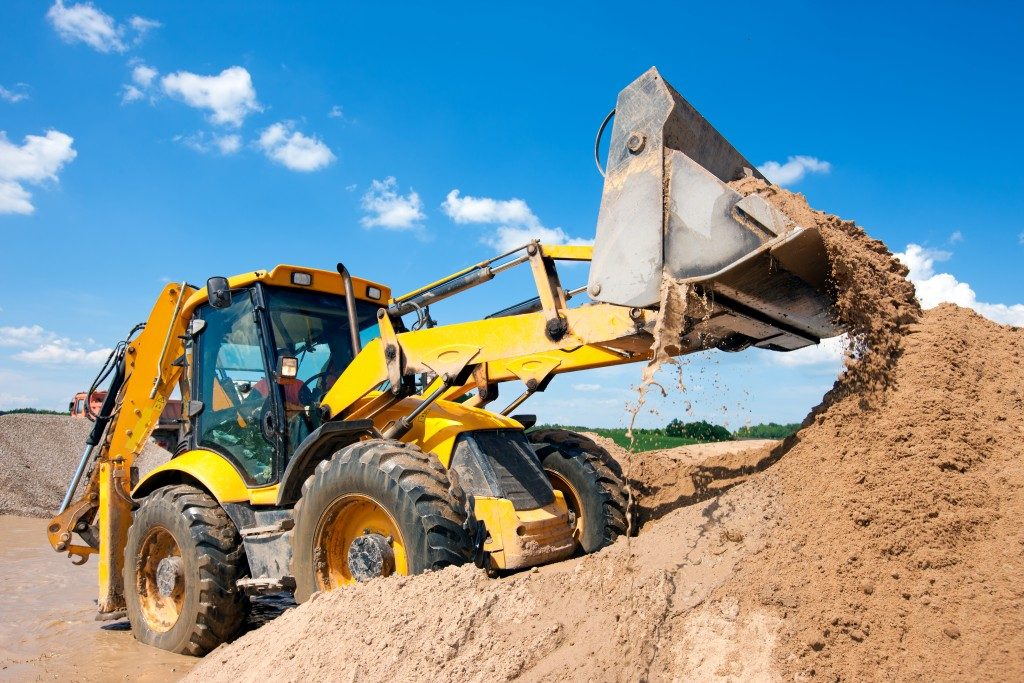- Maintain an emergency fund to provide financial security and stability in case of any unexpected events.
- Keep in touch with people renting or managing your previous living situation for a backup plan.
- Pay attention to local laws and find designated campgrounds or parking lots for overnight stays.
- Practice proper waste disposal and keep up with regular maintenance checks on the RV.
- Have a clear vision of finances to ensure enough money is saved when needed.
The RV lifestyle is becoming increasingly popular among people of all ages, and for a good reason. There are many attractive benefits to living life on the road in a recreational vehicle (RV). These include freedom of movement, self-sufficiency, low cost of living, ease of maintenance, and closer contact with nature.
An RV is the perfect choice for those wishing to live an adventurous lifestyle while still having all the comforts of home. It provides a home base that can be moved wherever you want. This means you have access to different climates and resources while still having access to everything you need for a comfortable lifestyle.
You might already feel significantly excited about an RV lifestyle when you invest in a customized and mobile home. However, there is a chance that the lifestyle might not be as you expect. A backup plan is essential if things don’t turn out as expected, with these steps helping you prepare one.
Build an Emergency Fund

When embarking on the RV lifestyle, it is essential to maintain an emergency fund. This fund should provide financial security and stability in case of any unforeseen events on the road. An emergency fund can cover unexpected repairs, medical bills, and other incidental expenses. Knowing you have a financial safety net if something goes wrong can also provide peace of mind.
An emergency fund ensures you are prepared for any challenges during your travels. It allows you to remain flexible if you need to make changes in plans due to inclement weather or other circumstances out of your control. An emergency fund is also essential for long-term planning; this money can help cover the cost of necessary items such as food, gas, and campground fees when needed.
It’s important to note that establishing an emergency fund requires careful budgeting and thoughtful consideration when creating a spending plan for life on the road. When setting up your finances, include all necessary expenses such as groceries, gas, campground fees, insurance premiums, and medical costs. As with any other financial endeavor, having a clear vision of where your money is going will help ensure that you have enough saved when the time comes for an unexpected expense.
Maintain Previous Living Situation
Experimenting with an RV lifestyle allows you to experience firsthand how it feels. Unfortunately, you might conclude that the lifestyle isn’t suitable for you. In such a situation, it is essential to maintain your previous living situation as a backup plan.
This means you should keep in touch with the people renting or managing the home, apartment, condo, or dwelling you used to live in before embarking on your RV journey. This way, they will know that you are interested in returning and can contact you if an opportunity arises.
Additionally, having access to this prior housing option can provide valuable breathing room if things don’t work out as planned during your travels. With adequate preparation and planning, any setback can be met with minimal disruption to your daily life.
Of course, it also means you should have a space for your RV, especially when you cannot find a buyer when you decide to abandon the RV lifestyle. Finding the nearest RV storage facility will help you maintain your investment while allowing you to come back anytime.
Learn the Rules and Regulations

The RV lifestyle is a great way to experience an adventurous and exciting life, yet it has unique rules and regulations. Awareness of these guidelines is essential to ensure your journey’s success. Here are a few examples of rules and regulations to keep in mind when living the RV life.
Pay Attention to Local Laws
When living on the road, you must pay close attention to local laws that might affect where you can park your RV. Each state has different rules regarding the length of time you are allowed to stay in one place and restrictions on where you can visit. Make sure to research any local laws you may encounter so that you don’t run into any legal trouble while traveling.
Know Where You Can Park
Finding legal parking spots for your RV is essential to avoid a fine or being towed away. Look for designated campgrounds or parking lots that allow overnight stays, and make sure they have all the necessary amenities, such as electricity, water hookups, and sanitary facilities. If possible, try to find spots near popular attractions or locations so that you always have something interesting nearby.
Practice Proper Waste Disposal
RV waste disposal is a significant concern when living on the road because most states have strict laws. Ensure you know what types of waste are accepted at each facility before dumping anything; some places only take human waste, while others will also allow greywater (waste from sinks and showers). Additionally, do not dump waste into public areas such as roadsides or wooded areas; this could result in hefty fines or jail time, depending on your location.
Take Care of Your Vehicle
Keeping up with regular maintenance checks is just as important when living an RV lifestyle as when living in a traditional home setting. Ensure that all mechanical systems on your vehicle are working correctly before setting off on a journey. Inspect them regularly during trips for signs of wear and tear or other issues that need attention. Not only will this help prevent unexpected breakdowns in remote areas, but it will also ensure that your vehicle remains reliable for years to come.
Final Thoughts
Living an RV lifestyle can be a great way to experience the world and see all it offers. However, it is essential to have a backup plan if things don’t turn out as expected. An emergency fund, maintaining access to your previous living situation, learning the rules and regulations of the RV lifestyle, and taking care of your vehicle are all necessary steps for preparing a successful backup plan. With adequate preparation and planning, you can enjoy this unique lifestyle without worry or stress.


